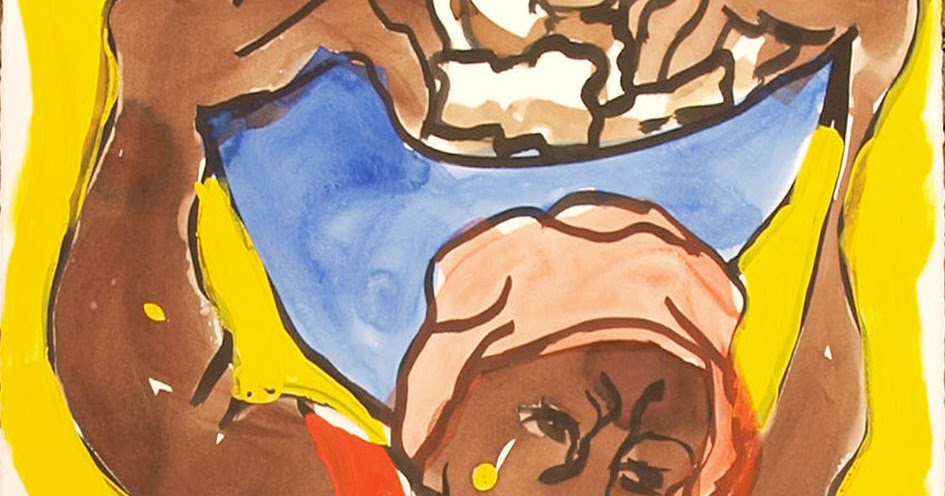[ad_1]
The coronavirus does not give up and, little by little, in a trickle, every encounter with art is cancelled. One of the first was Art Basel Hong Kong, which decided to postpone its celebration, but opted for an online meeting. Then came others such as the Venice Biennale, postponed until 2022, or the prestigious Turner Prize, also postponed until next year. The last one to fall was the Swiss edition of Art Basel, which had already changed its date from June to September. After several weeks of uncertainty, the organization decided to cancel this edition and celebrate it from June 17th to 20th, 2021.
“While there are signs of hope as countries emerge from lockdown, the global situation remains precarious and, Unfortunately, there is still a lot of uncertainty to move forward with the fair”, they communicated through a brief letter published on their website. Among some of these uncertainties, the “health risks arising from large gatherings or limitations on intercontinental travel”, as well as the lack of clarity of the Swiss regulatory environment “for calls the size of Art Basel”.
Therefore, Art Basel, one of the most important contemporary art events in the world and which annually brings together more than 250 international galleries and more than 4,000 artists from all continents, considers that “the best option in relation to the Basel commitment is to focus on next year’s edition and offer a fair with the international quality that the art world expects.”
This fair with contemporary art was created by Ernst Beyeler, Trudl Bruckner and Balz Hilt in 1970, a year in which more than 90 galleries, 30 publishers from ten countries and 16 thousand visitors gathered. The success grew and in 2000 it began expanding to Miami and, ten years later, in 2010, the fair arrived in Hong Kong with a first edition that attracted the attention of more than 60,000 visitors.



